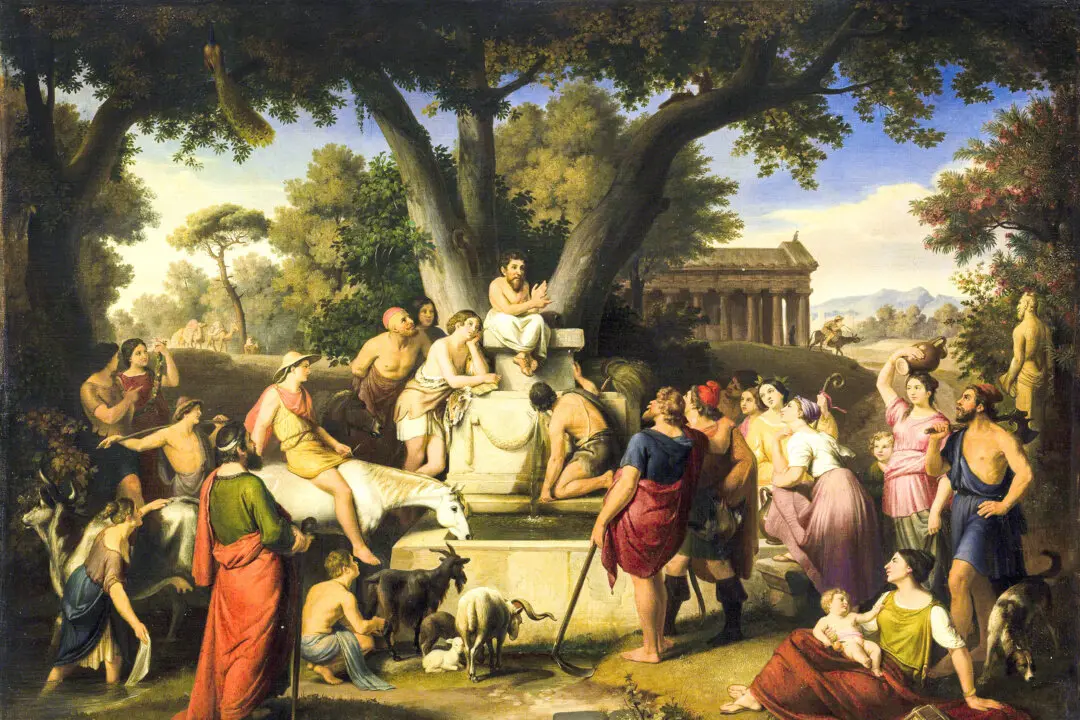People use the word “love” regularly. But what does it really mean to love someone or something? Does love change when it’s directed at the self? In what ways does love between humans differ from a loving relationship with God?
Similar questions inspired the French abbot Bernard of Clairvaux (1090–1153) to write “On Loving God,” a succinct but widely influential treatise on the role and power of love in fostering a spiritual life.






